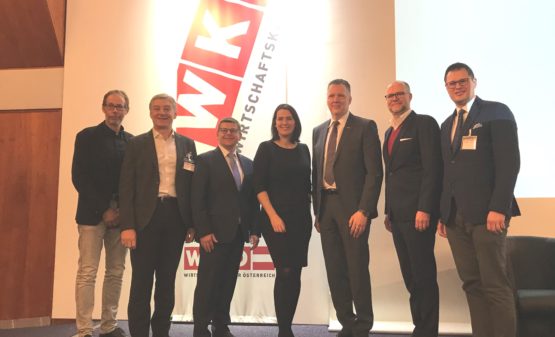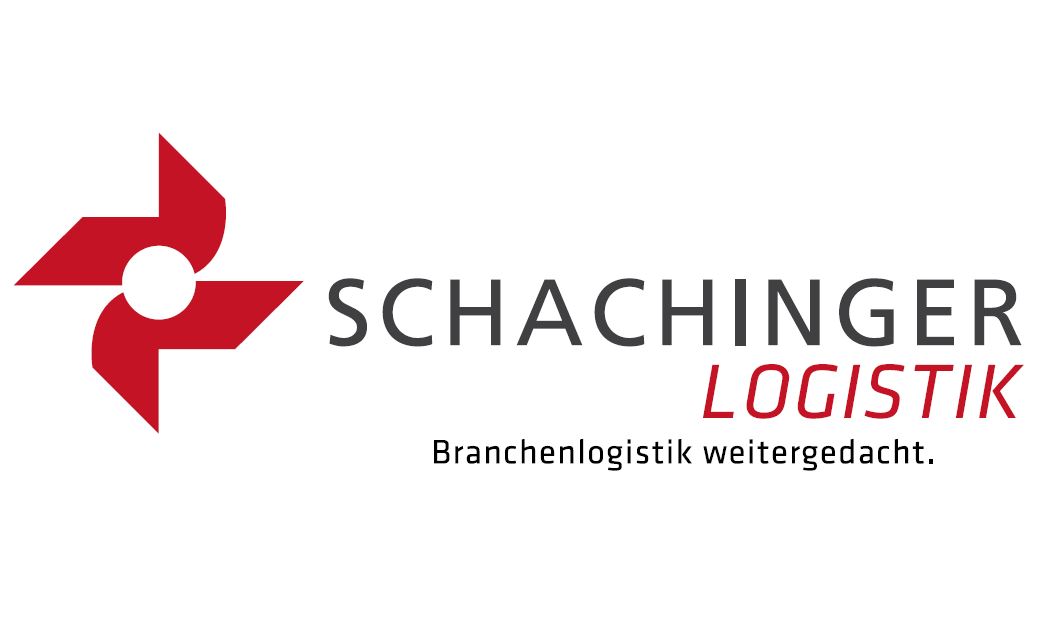The logistics industry needs a campaign for innovations, to be able to cope with the challenges of increasing digitalisation and the rising lack of skilled professionals. Physical Internet, the Internet of things, is expected to revolutionise the goods flows according to the industry’s needs (Industry 4.0).
“As a service provider we must respond with logistics 4.0, by reinforcing networks within the industry and along the value added chain by opening and linking business processes and models“, Josefine Deiser, Chairwoman of the professional group of forwarding and logistics within the Upper Austrian Economic Chamber, said in the run-up of the Professional Groups Day on 7 October at the ÖBB Terminal Wels.
Therefore the Logistikum of the University of Applied Sciences in Steyr was awarded a study contract to determine how growth and more efficiency increase can be achieved as part of logistics 4.0 through neutral logistics platforms.
In its daily business the logistics industry is currently facing difficult economic conditions. Austria as a logistics location lost noticeably in international location rankings, such as the Logistics Performance Index (LPI). In addition, the domestic economy is recording hardly any growth. The impedes also backlogs, price expectations and business development in the logistics industry. “We urgently need a stop of burdens and strong innovation signals, so that the logistics industry can start developing again,” appeals Josefine Deiser.
The spokeswoman of the Upper Austrian logistics sector sees urgent need for action regarding the legal situation concerning the liability of carriers with the handling of fiscal duties. A domestic freight forwarder – unlike, say, in neighbouring Germany – is liable in the 4200 process for intra-community connection supplies when a customer fails to pay the necessary taxes abroad, although the carrier usually has no influence on this. So far, the 4200 process has been briskly used by foreign companies. However, because of the risk due to the intolerable and in specific cases even existence-threatening liability situation, domestic logistics providers are stepping back from such services, which results in the loss of revenues, added value and jobs.
http://wko.at/ooe/spediteure
Upper Austria’s logistics industry shows innovative spirit
07.10.2015Chairwoman Josefine Deiser: “We must prevent Austria as a logistics location from loosing further ground”









